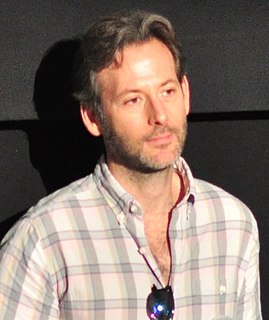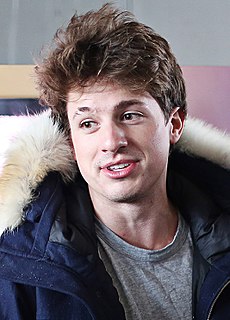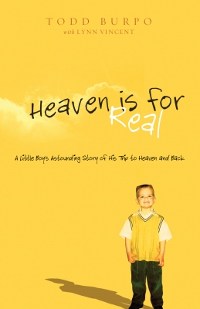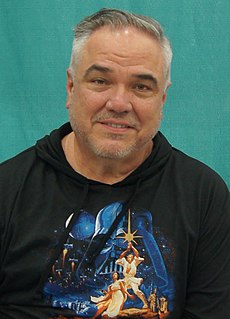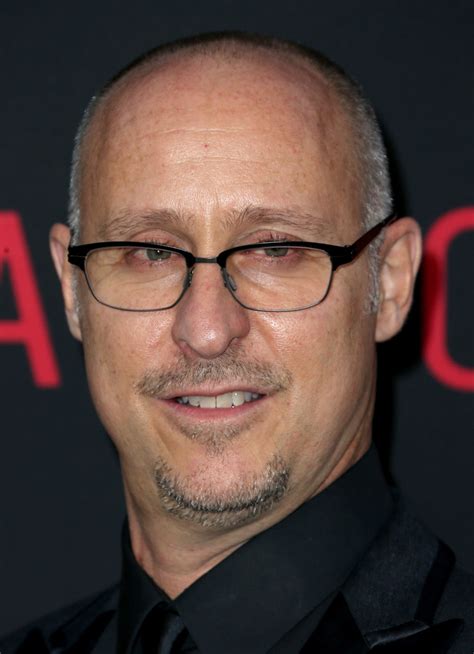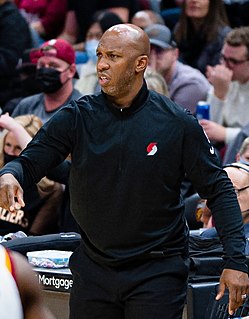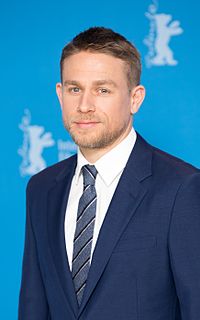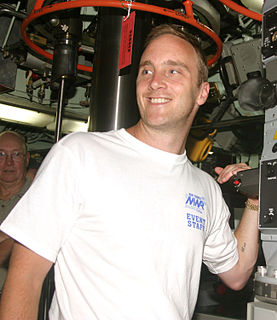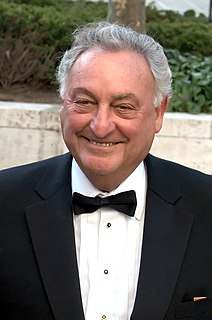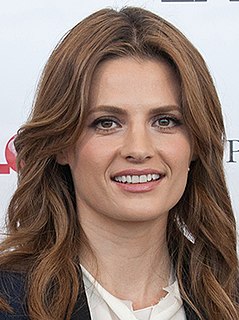A Quote by Jeff Baena
I remember when I was in film school. It was my second year, and some kid did - had this really over-religious symbolism; like, it said 'John 3:16' and had angels falling over, and it was just this insane - it wasn't that great.
Related Quotes
A friend of ours, the wife of a pastor at a church in Colorado, had once told me about something her daughter, Hannah, said when she was three years old. After the morning service was over one Sunday, Hannah tugged on her mom's skirt and asked. "Mommy, why do some people in church have lights over their heads and some don't?" At the time, I remember thinking two things: First, I would've knelt down and asked Hannah, "Did I have a light over my head? Please say yes!" I also wondered what Hannah had seen, and whether she had seen it because, like my son, she had a childlike faith.
I was fortunately able to avoid getting into any trouble with police. There was - I remember I was 12, and I did something really (laughter) - a couple of friends, Cinco de Mayo - we were off school, and we saw some people looking like they were having a party. And we had a little bit too much time on our hands, and so we figured, as kids, a great idea would be to throw some things over the fence and hit all these people with stuff, like eggs and everything.
Of course the Neverlands vary a good deal. John's, for instance, had a lagoon with flamingos flying over it at which John was shooting, while Michael, who was very small, had a flamingo with lagoons flying over it. John lived in a boat turned upside down on the sands, Michael in a wigwam, Wendy in a house of leaves deftly sewn together. John had no friends, Michael had friends at night, Wendy had a pet wolf forsaken by its parents.
Though [John] Hughes did provide for us, if we wanted, to go to a local high school and try to blend in. Michael [Hall] and Molly [Ringwald ] already had school to go to with their tutors. Ally [Sheedy] wanted nothing to do with high school. She said, "I remember it fine. I don't want to go back." Which is great. So Emilio [Estevez] and I went. And Emilio lasted a couple hours because people recognized him from The Outsiders that had already been out, so his cover was blown.
Right before I got 'Sons of Anarchy,' I actually quit acting for 18 months and didn't read a single script, and I wrote a film. I felt like I needed to do something that I had control over, as an artist, and also just do something where I felt like I had some control over my life, as just a human, out in the world.
Right before I got 'Sons of Anarchy,' I actually quit acting for 18 months and didnt read a single script, and I wrote a film. I felt like I needed to do something that I had control over, as an artist, and also just do something where I felt like I had some control over my life, as just a human, out in the world.
In the Great Depression in which I grew up and remember vividly, unemployment was over 25 percent, and over 35 percent where I lived. A grown man would work all day, 16 hours, for a dollar. I remember hundreds of people walking by, people who had come down from the North just to get warm. They would come to our house as beggars even though they might have a college education. People didn't have money. They bartered; they'd trade eggs or pigs. It was just completely different.
I remember I used to go to The Laugh Factory and just goof off onstage, and then I'd see Dane Cook. He did a bit about his Mom making the bed in the summertime when he was a kid. He just said "Vroom!" and threw the sheet up in the air and the sheet would just stay over the bed for like a minute and a half. All he had were his arms out, but I could see the sheet. And he didn't do anything. He just kept it there. And I went, "I have to write more."
I had never thought of doing television. But my agent wanted me to meet John Wells, who had had a lot of success producing ER and China Beach. The night before the meeting, some friends were over for dinner and Akiva Goldsman and I slipped downstairs to the basement so we could sneak a cigarette. He said, "You know what would make a good television series? That." And he was pointing at The American President poster. He said, "There doesn't have to be a romance, just focus on a senior staffer."
When I was 16, I was in Boston and some friends said, 'You want to go to New York?,' I went with my roommate... These guys said, 'We're going to this club. Just don't go in the washroom.' It was CBGB. I had no idea what it was or the history of all the music. All I knew was this was my first 21-and-over club and I managed to get in!
